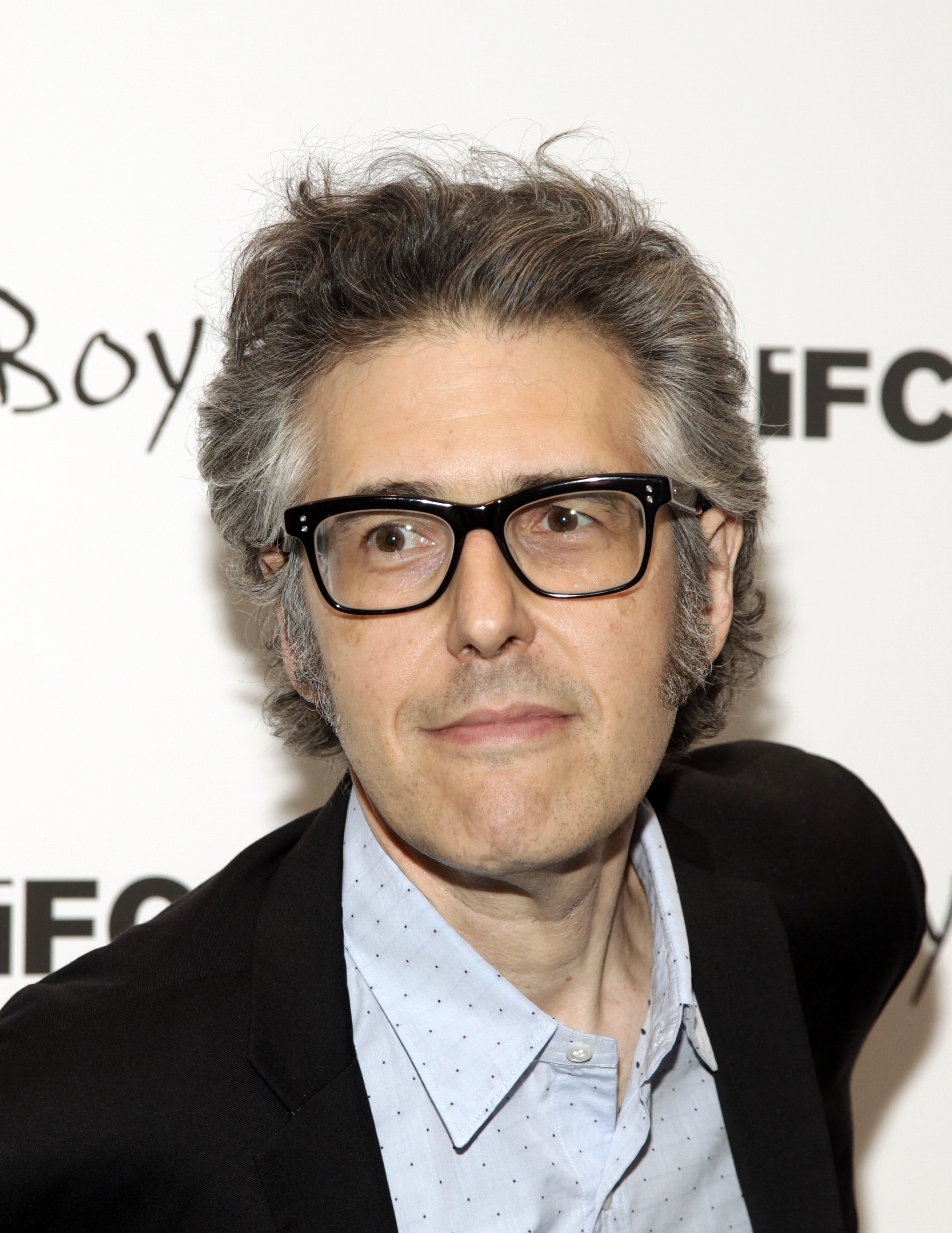
It’s not often one of the gods — perhaps the god — of public radio has to answer the critics in public radio, but that’s the territory Ira Glass of This American Life has found himself in the last week or so.
Speaking to media buyers in New York recently, Glass roiled the public broadcasting water when he said public radio ought to embrace capitalism, encouraging it to move away from the listener-supported model which has sustained it.
Glass has reason to be flying high, what with the success of his own show and last year’s success of the spin-off podcast, Serial.
But his declaration opened old wounds in the public radio community where the relatively few successes presume to provide the roadmap for the more humble, grassroots and local broadcast organizations.
It comes down to resources and that comes down to money and mention “capitalism” and a lot of public radio people hear “sellout to corporate interests,” which they view as commercial radio, which once roamed the planet.
Today, Glass posted an essay defending his position, writing on the industry website Current that he didn’t mean public radio should abandon its mission in pursuit of corporate underwriting.
In the last few years at This American Life, revenue we’ve made this way — especially from underwriting on our podcast — has meant that for the first time, we’re in an unusual situation for public broadcasters or journalists of any kind: We’ve had extra money to devote to special projects.
We’ve used it as idealistically as we know how. We expanded staff to do more in-depth investigations and reporting. We started the podcast Serial. We took on projects like one documenting life in a Chicago high school where 29 current and recent students had been shot in one year.
This required sending three reporters into the school over the course of five months — something that would be a huge, expensive project for any newsroom in the country. We could afford to do that only because of the money that underwriting — aka capitalism — brought us.
Obviously public broadcasters could go too far. Programmers could sell out. They could chase ratings and destroy everything that makes public radio special. It feels almost insulting to have to say that I’m against that, but apparently — given comments I’ve been reading on Twitter — that’s how some people have interpreted what I said about capitalism.
They think I’m saying we should open the floodgates and turn public radio into a moronic money-grabbing wasteland of commercial shillery.
To be clear: I’m against that.
Glass said he thinks public radio should still pursue programming that does not appeal to the largest audience, but should still seek more corporate money.
“I don’t think we’re heading into some corny apocalypse version of public media where our values will fly out the door,” he insisted.
